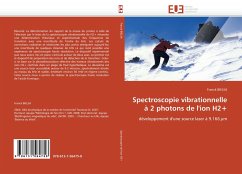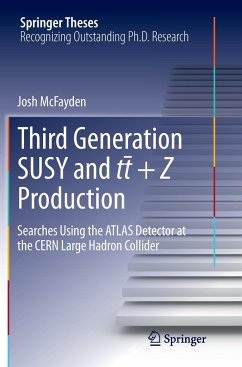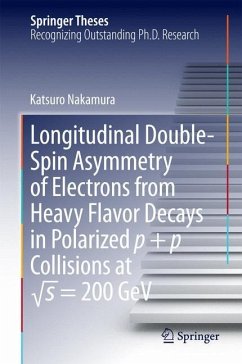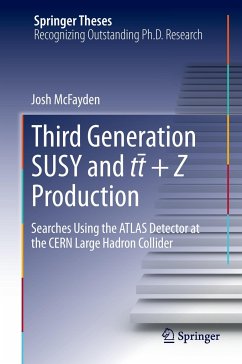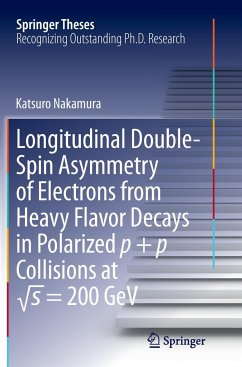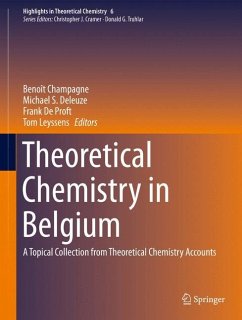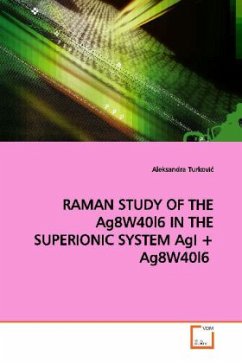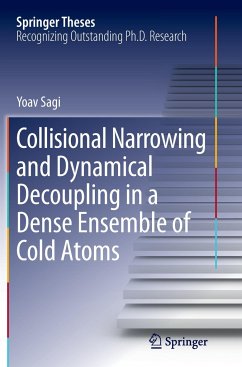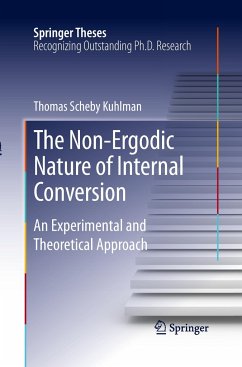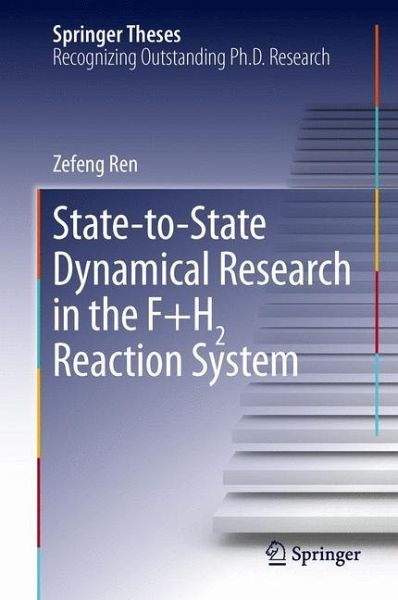
State-to-State Dynamical Research in the F+H2 Reaction System

PAYBACK Punkte
19 °P sammeln!
This thesis addresses two important and also challenging issues in the research of chemical reaction dynamics of F+H2 system. One is to probe the reaction resonance and the other is to determine the extent of the breakdown of the Born-Oppenheimer approximation (BOA) experimentally. The author introduces a state-of-the-art crossed molecular beam-scattering apparatus using a hydrogen atom Rydberg "tagging" time-of-flight method, and presents thorough state-to-state experimental studies to address the above issues. The author also describes the observation of the Feshbach resonance in the F+H2 re...
This thesis addresses two important and also challenging issues in the research of chemical reaction dynamics of F+H2 system. One is to probe the reaction resonance and the other is to determine the extent of the breakdown of the Born-Oppenheimer approximation (BOA) experimentally. The author introduces a state-of-the-art crossed molecular beam-scattering apparatus using a hydrogen atom Rydberg "tagging" time-of-flight method, and presents thorough state-to-state experimental studies to address the above issues. The author also describes the observation of the Feshbach resonance in the F+H2 reaction, a precise measurement of the differential cross section in the F+HD reaction, and validation of a new accurate potential energy surface with spectroscopic accuracy. Moreover, the author determines the reactivity ratio between the ground state F(2P3/2) and the excited state F_(2P1/2) in the F+D2 reaction, and exploits the breakdown of BOA in the low collision energy.





